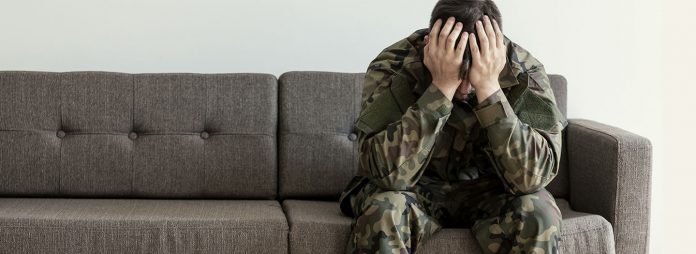On Memorial Day, when we remember our fallen heroes, let’s not forget the plight of our surviving veterans during the coronavirus pandemic.
As Christians, we are called to serve “the least of these”—people in need—and many veterans have special needs during this time.
Veterans homes, like other nursing homes, have been the sites of some of the worst outbreaks in the country, including more than seventy deaths at a facility in New Jersey.
Unemployment among veterans rose to nearly 12 percent in April, and the economic situation has become so dire that House Democrats recently proposed setting up tent cities for homeless veterans in the parking lots of VA hospitals.
The emotional toll is more insidious.
Many combat veterans suffer from PTSD, and about seventeen veterans a day commit suicide in this country, even during normal times.
The effects of combat-related trauma run deep, down to the warrior’s very heart and soul. I know this from personal experience, having served four tours in Iraq and Afghanistan.
The war after the war
When my last deployment ended, I left Afghanistan and the war. But, like many who have been in combat, I found that Afghanistan and the war hadn’t left me.
Everyone experiences the aftereffects of combat differently. There are, however, a few classic symptoms: anger, insomnia, obsessive-compulsive behavior, and flashbacks. A sudden sound like a siren going off can send you into “mission mode,” with a pounding heartbeat and burst of adrenaline.
At one point or another, I suffered from all of these symptoms. Eventually, I got help, and there are some wonderful organizations that help veterans, but many veterans aren’t as fortunate as I was.
There aren’t enough people and systems to help, and veterans keep falling through the cracks.
Struggling with isolation
Today, as the founder of a Christian nonprofit called SOF Missions, I work with…
… Read More
—
Click Read More to read the rest of the story from our content source/partners – Denison Forum.
